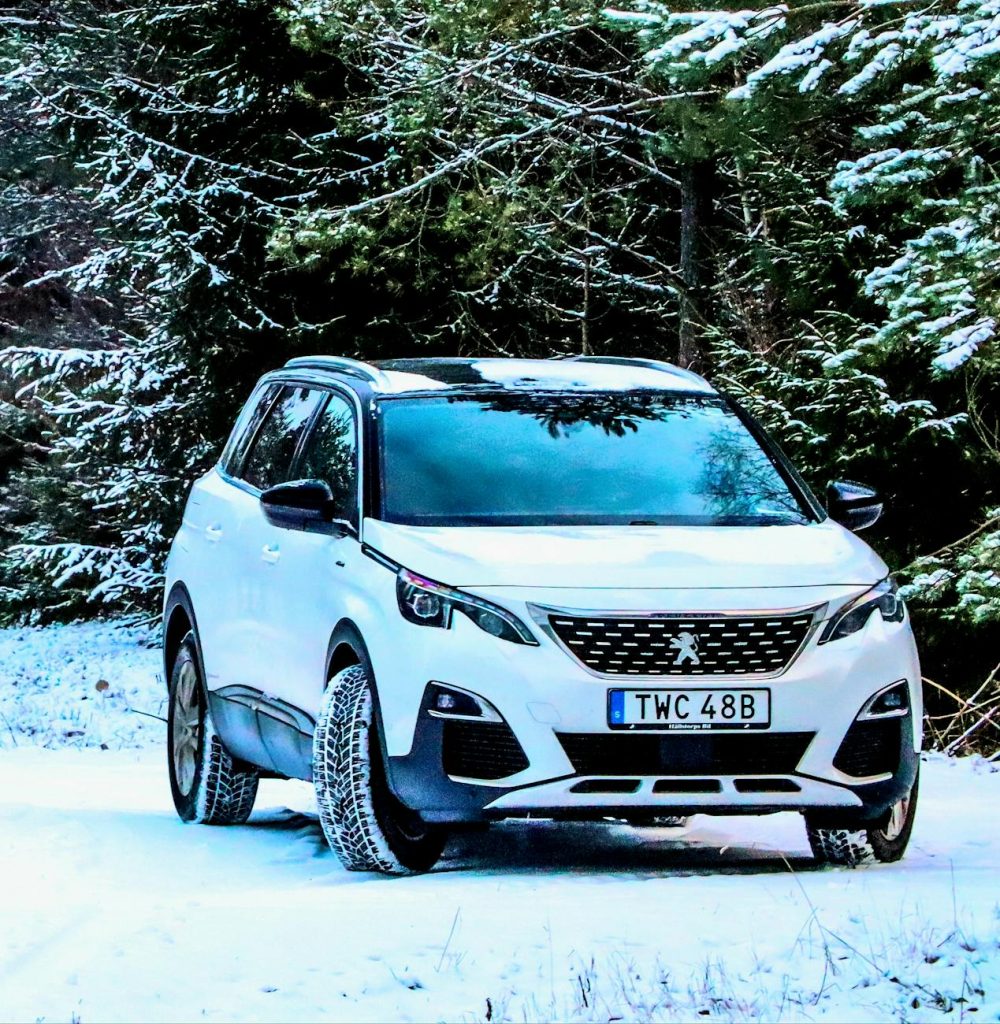All-Season Tires vs Winter Tires
Choosing the right tires for winter driving can be a game-changer. Let’s break down the differences between all-season tires and winter tires so you can make the best choice for your ride.
All-Season Tires: Jack of All Trades
All-season tires are like the Swiss Army knife of tires. They handle a bit of everything—dry roads, wet roads, and even a sprinkle of snow. They’re popular because they strike a balance between performance, durability, and cost.
What Makes All-Season Tires Tick:
- Versatility: Good for most weather conditions all year.
- Tread Patterns: Moderate treads that grip well in the rain.
- Rubber Compounds: Flexible in various temperatures but not great for extreme cold.
| Feature | All-Season Tires |
|---|---|
| Temperature Range | 14°F to 86°F |
| Tread Depth | Moderate |
| Ideal Conditions | Dry, Wet, Light Snow |
| Cost | Generally cheaper than winter tires |
If you live somewhere with mild winters, all-season tires might be all you need. But if you’re dealing with heavy snow and ice, they might not cut it. For more details, check out our winter tire performance comparison.
Winter Tires: The Snow Warriors
Winter tires, also known as snow tires, are built for the cold. They offer top-notch traction, handling, and safety on snowy and icy roads.
Why Winter Tires Shine:
- Enhanced Traction: Deep treads and sipes that bite into snow and ice.
- Rubber Compounds: Softer rubber that stays flexible in freezing temps.
- Temperature Sensitivity: Best below 45°F.
| Feature | Winter Tires |
|---|---|
| Temperature Range | -40°F to 45°F |
| Tread Depth | Deep |
| Ideal Conditions | Snow, Ice, Slush |
| Cost | Usually more expensive than all-season tires |
Winter tires are perfect for places like Toronto, Niagara Falls, and Calgary, where snow and ice are a given. Want to know more? Check out our article on winter tire benefits.
When deciding between all-season tires vs winter tires, think about your driving conditions, climate, and budget. For the best deals, warranties, and services, explore our winter tire deals and winter tire sale pages.
What to Consider
When comparing all-season and winter tires, several factors come into play. These will help you figure out which tire suits your needs best.
Performance in Different Conditions
All-season tires are decent in various conditions—wet, dry, and light snow. But they struggle in severe winter weather.
Winter tires are made for the harsh stuff, offering better traction and control on snow and ice. They’re the safer bet for tough winter driving.
| Tire Type | Wet Roads | Dry Roads | Light Snow | Heavy Snow | Ice |
|---|---|---|---|---|---|
| All-Season | Good | Excellent | Fair | Poor | Poor |
| Winter | Good | Good | Excellent | Excellent | Excellent |
Tread Patterns and Rubber Compounds
Tread patterns and rubber compounds are big deals. All-season tires have moderate treads for a mix of handling, comfort, and longevity.
Winter tires have aggressive treads with deep grooves and extra sipes for better grip on snow and ice. Their rubber stays flexible in the cold, keeping traction strong.
For more on tread patterns, visit our article on winter tire tread patterns.
Temperature Sensitivity
Temperature matters. All-season tires lose their mojo below 45°F. The rubber hardens, reducing traction and control.
Winter tires stay flexible in the cold, performing well even when it’s freezing. This flexibility is crucial for grip on icy roads.
| Temperature (°F) | All-Season Tires | Winter Tires |
|---|---|---|
| Above 45 | Excellent | Good |
| Below 45 | Poor | Excellent |
Cost and Longevity
All-season tires are usually cheaper since you don’t need a separate set for winter. But they might wear out faster if used all year, especially in harsh winters.
Winter tires cost more upfront but offer better safety and performance in winter. Using them in winter and switching to all-season tires for the rest of the year can extend the life of both sets, giving you better value over time.
For the best deals, check out our winter tire deals and winter tire discounts.
Legal Requirements and Recommendations
In some places, like parts of Canada, winter tires are a must during certain months. Know the local laws to avoid fines and stay safe.
Experts recommend winter tires in areas with heavy snow and ice, even if not required by law. For specific legal requirements and recommendations in your area, see our winter tire recommendations.
Considering these factors will help you make the right choice between all-season and winter tires. For more detailed comparisons and reviews, visit our best winter tires comparison and winter tire reviews.


